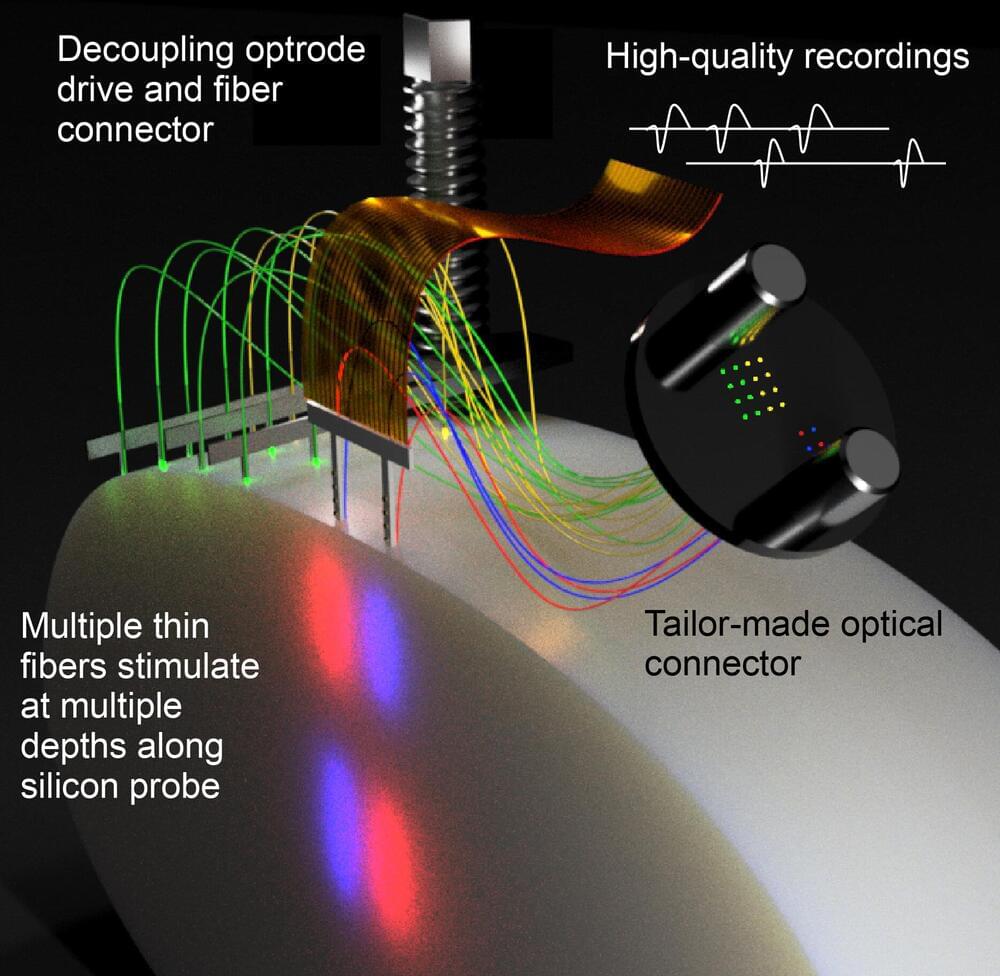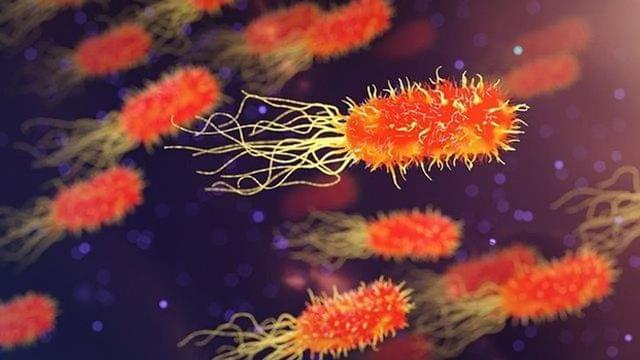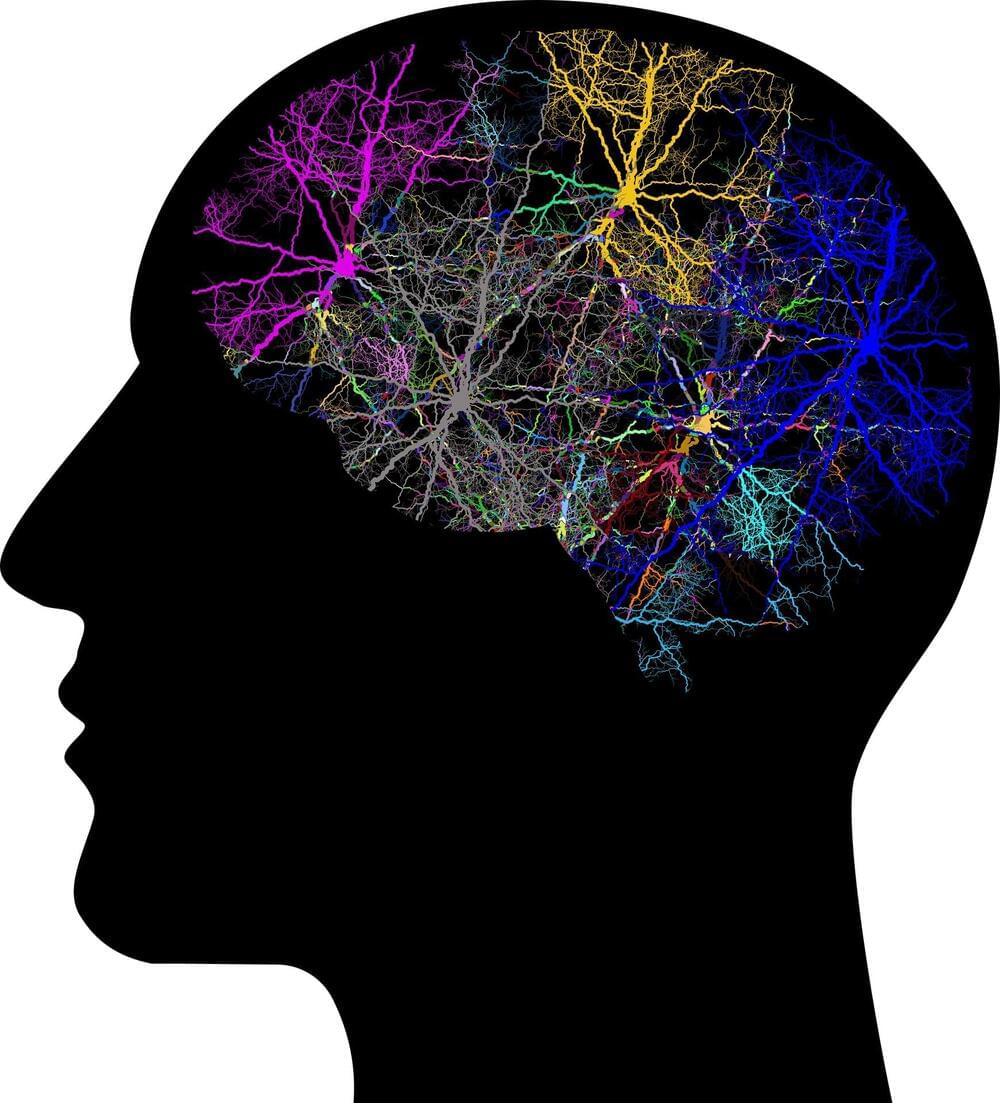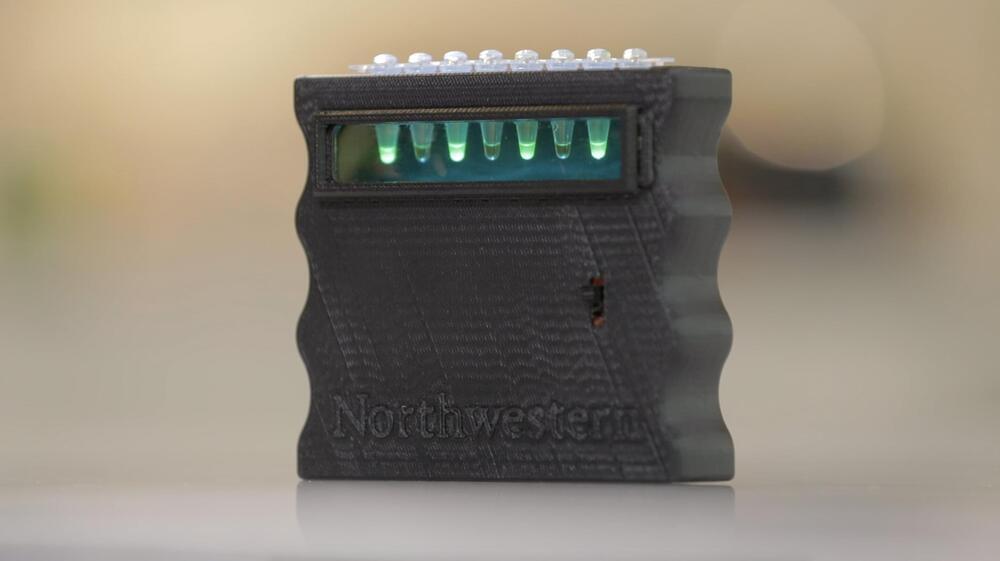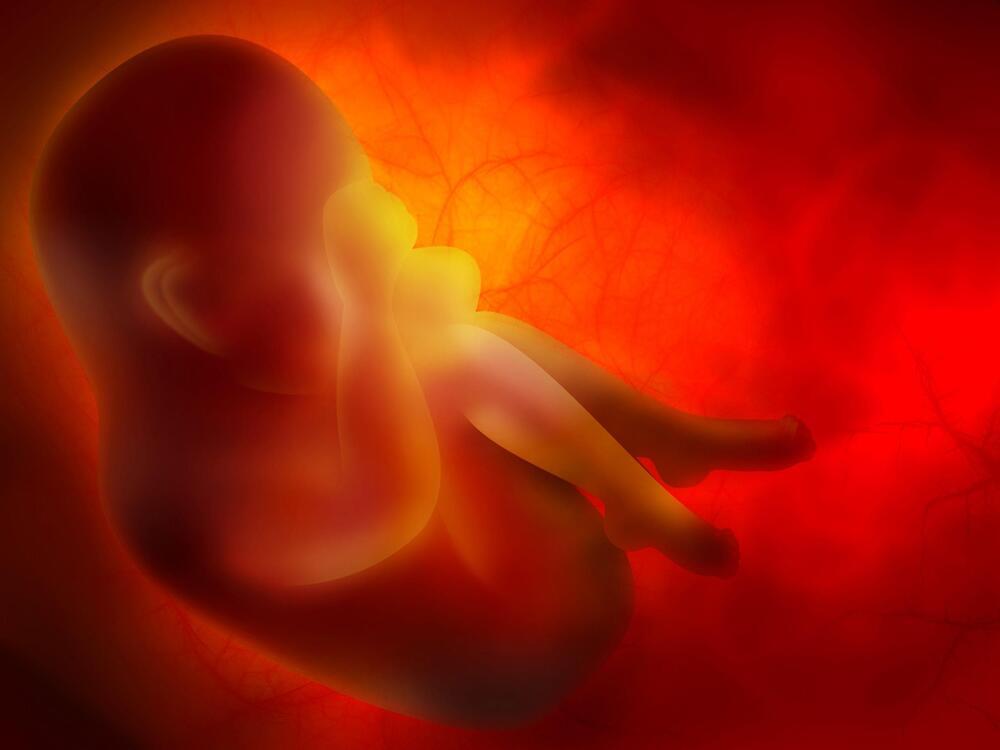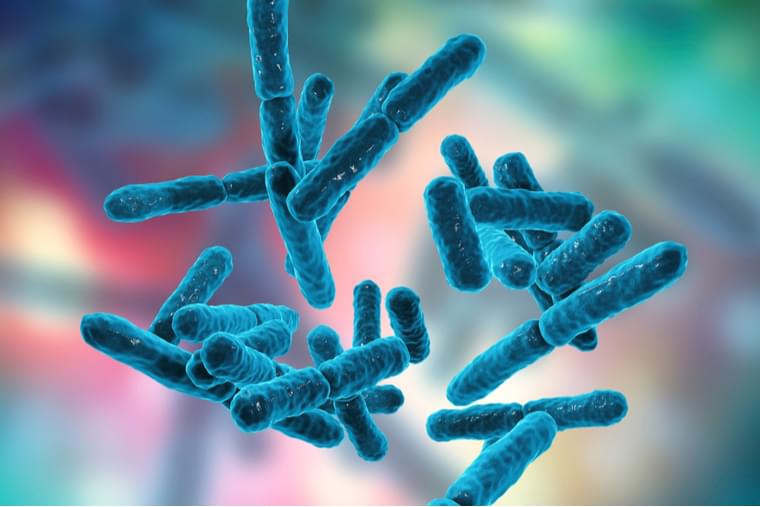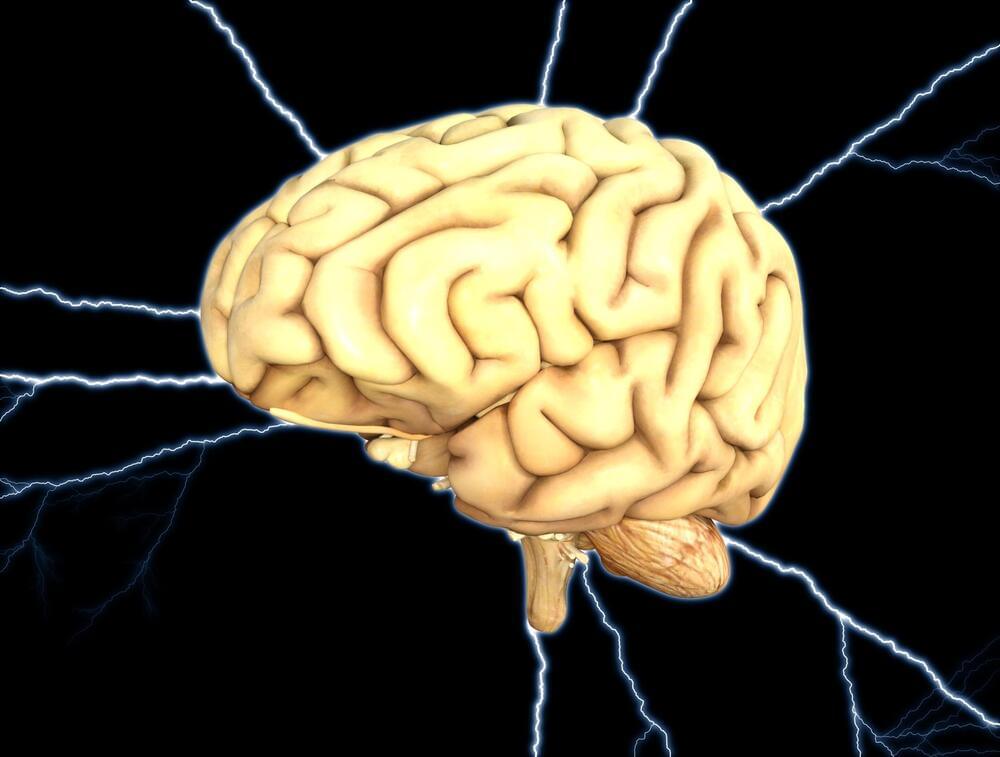Public policy includes efforts by governmental as well as nongovernmental agencies (other than professional associations) to manage genetic enhancement. For example, the International Olympic Committee has a policy on performance-enhancing drugs in sport. In the United States, the Food and Drug Administration classified synthetic anabolic steroids as a restricted class of drugs, making it more difficult to get access to them. Such measures will not always be successful. Epoetin alfa (EPO) is a useful medication for the many people who suffer from chronic anemia, including people who must undergo regular renal dialysis. As a consequence, it is in very wide supply for legitimate therapeutic purposes, unlike the synthetic anabolic steroids. Imposing strict limitations on access to EPO would create an enormous inconvenience for the large number of people who benefit from the drug. The fact that some athletes are able to get their hands on EPO is an unintended consequence of having the drug widely available for legitimate therapeutic uses. The appropriate public policy will not be the same, necessarily, for every drug.
By “personal policy” we mean the moral understandings and social practices of individuals, parents, and families, including those moral convictions that would cause them to refrain from unwise or unfair use of genetic enhancement technologies. The Worth of a Child, for example, focuses on ethical issues involving children and parents.11 How does one engage that sort of personal policy response? The means we have are limited but powerful: education, public dialogue, and the encouragement of ethical reflection.
In conclusion, there are four points worth reiterating. First, as we think about genetic enhancement, we should use a broad definition of genetic-enhancement technologies, not merely gene manipulation, but indirect genetic technologies, such as biosynthetic drugs. Second, we should try to anticipate the enhancement temptations of new therapies. Such anticipation may help us in shaping the marketing, availability, or other aspects of those technologies. Third, we should promote the adoption of appropriate public and professional policies. Finally, we should provide public education and dialogue to encourage personal ethical reflection on the appropriate uses and limits of genetic-enhancement technologies.
